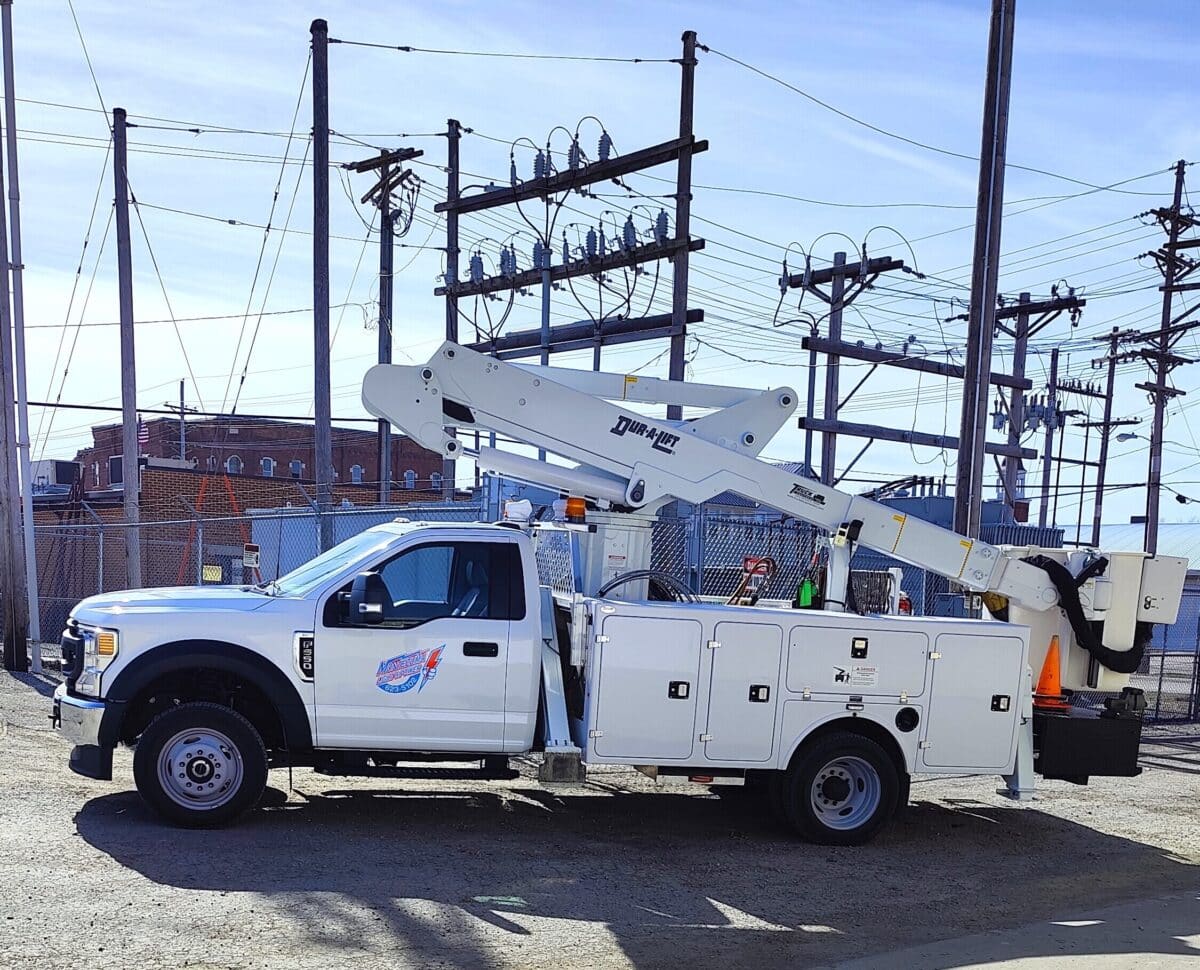Norton Rose Fulbright conducted a live podcast with tax and legal experts who discussed what could be on the chopping block in the massive Inflation Reduction Act, passed in 2022.
A live podcast by Norton Rose Fulbright drew an audience of over 4,000 people to listen to three tax and legal experts discuss how a Republican administration would handle the Inflation Reduction Act.
Participants included the moderator, Keith Martin, co-head of projects, U.S.; John Gimigliano, principal-in-charge, federal tax and regulatory services, KPMG; Joe Mikrut, partner, Capitol Tax Partners.
As background, since passage of the IRA in August 2022, over $240 billion has been invested in clean energy manufacturing and infrastructure projects, according to a White House report. This includes over $86 billion invested in nearly 300 new solar, wind, and battery energy storage projects. A recent report from Intersolar North America and Energy Storage North America indicates that the resulting job growth has been strong, with over 170,000 direct jobs created and as many as 1.5 million new jobs in clean energy that can be expected by 2030.
Former President Trump has said that, if elected, he plans to scrap the Inflation Reduction Act on day one. Mikrut pointed out that for that to happen, other Republicans would also have to control the legislative process, the House and the Senate. While that may happen, he said Republicans are “likely to have a pretty slim majority in either body or both bodies.” He noted that a slim majority doesn’t mean the legislation will move forward.
However, supposing that the IRA is on the table, Mikrut said several provisions have bipartisan support, including carbon capture, hydrogen, fuel credits and possibly domestic manufacturing tax credits.
Gimigliano added that a major motivation for Republicans to repeal these provisions would be to reduce spending to support tax cut extensions. Tax cuts enacted in 2017 under Trump are set to expire in 2025.
The panelists agreed that Republicans will be hard pressed to win an effective majority in the Senate where anything controversial usually requires 60 votes to pass, as that would require winning at least 11 Senate seats. However, some form of rollback is possible by using a budget reconciliation process. Mikrut said he thinks the major focus, regardless of the outcome of the election, will be on the expiration of the tax cuts and Jobs Act provisions.
Martin summarized that the panelists don’t see an IRA rollback as a standalone debate; it would be in the context of extending the 2017 tax cuts, which would become the top priority, and that debate would probably stretch into early 2026.
Mikrut expects the electric vehicle provisions in IRA to be reexamined. “They have been the most controversial both when they were enacted, as well as the way they’ve been implemented,” he said. And if you’re reexamining EV credits, he sees an examination of 45X, which provides tax credits for batteries and critical minerals that go into EVs.
The panelists noted that much of the new factory construction that is resulting from the 45X tax credit offered to manufacturers that make components for solar, wind and storage projects, is in Republican districts.
The group said repeal of the IRA may not be an all-or-nothing scenario, and a potential new administration may tweak or remove the things they don’t like. Republicans have already given a glimpse of what they would do in the Build it in America Act introduced in the Ways and Means Committee.
The panel said that the clock is ticking on legislation, particularly guidance released by the Treasury, because a new administration and Republican Congress could use the Congressional Review Act to roll back any regulations that go into effect in the last 60 legislative days of the current Congress. Treasury just released final regulations on the direct-pay program for state local governments and tax-exempt entities that own renewable energy projects.






